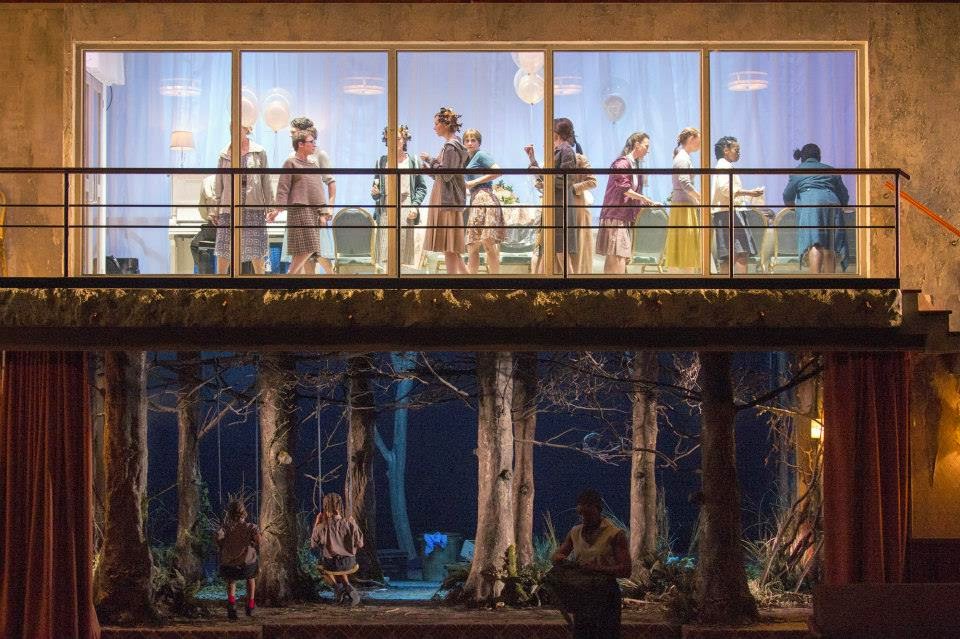
Part Three examines dramatic adaptations of the play into other languages, dialects and cultural contexts. Part Two explores the afterlives of Shakespeare’s lovers in the narrative forms of fiction, film and serial television, including works by James Joyce, Samuel Beckett and HBO’s series Westworld. Part One considers reworkings of Romeo and Juliet in Hector Berlioz’s 1839 choral symphony and ballets choreographed by Sir Kenneth MacMillan and John Neumeier. This volume takes up the iconographic, linguistic and performance layers already at work within it and tracks the play’s dispersal into neighbouring art forms – including ballet, opera, television and architecture – and geographical locations, including Italy, Ireland, France, India and Korea.Ĭhapters trace Shakespeare’s own acts of adaptation and appropriation of sources and the play’s subsequent migrations into other media. Possessed of the enduring truths so treasured in the classics, and yet with a thoroughly contemporary spin, her Medea is a stunningly perceptive and probingly honest work of fiction.Romeo and Juliet is the most produced, translated and re-mixed of all of Shakespeare’s plays. Long a sharp-eyed political observer, Christa Wolf transforms this ancient tale into a startlingly relevant commentary on our times. Then abandoned by Jason and made a public scapegoat, she is reviled as a witch and a murderess. Unwilling to ignore the horrifying truth about the state, she becomes a threat to the king and his ruthless advisors. He is welcomed, but she is branded the outsider-and then she discovers the appalling secret behind the king's claim to power. Medea, driven by her conscience to leave her corrupt homeland, arrives in Corinth with her husband, the hero Jason. In her gripping new novel, Christa Wolf expands this myth, revealing a fiercely independent woman ensnared in a brutal political battle.



Medea is among the most notorious women in the canon of Greek tragedy: a woman scorned who sacrifices her own children to her jealous rage.


 0 kommentar(er)
0 kommentar(er)
